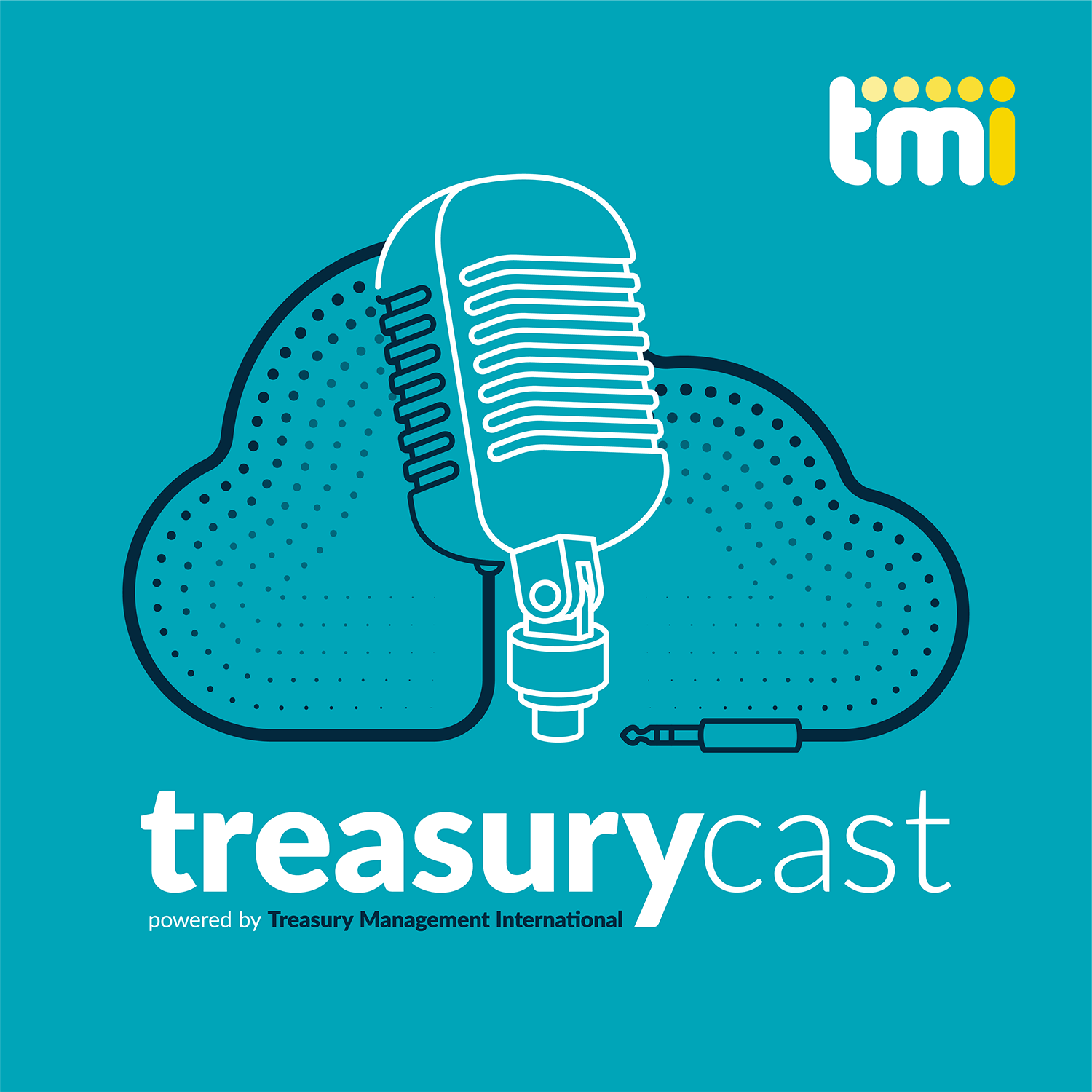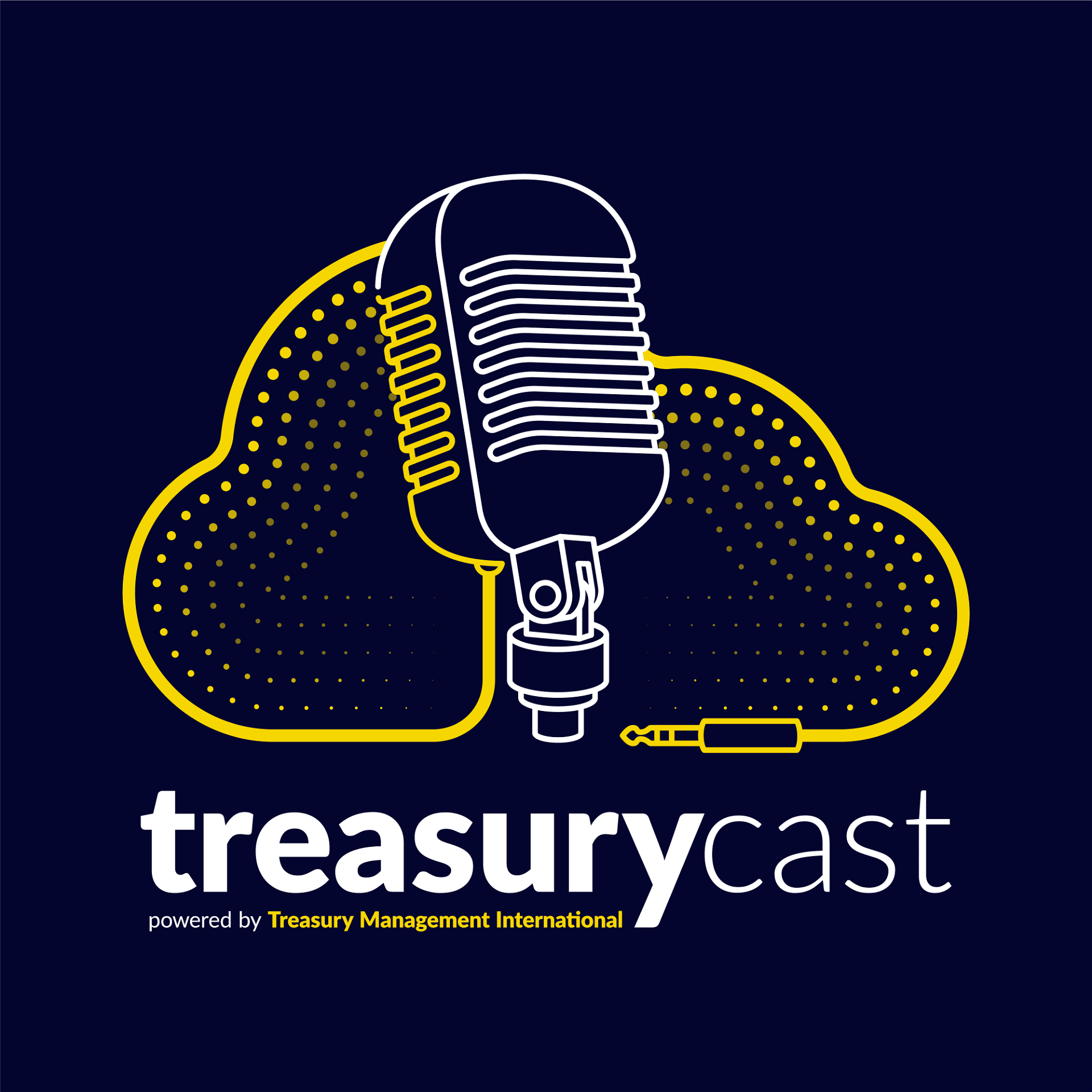Hong Kong – Trade officials working on the Regional Comprehensive Economic Partnership (RCEP) between members of the Association of Southeast Asian Nations (ASEAN) and six other economies will meet in New Zealand in June for the next round of talks ahead of a September summit scheduled in Laos.
The June meeting in Auckland will be the 13th round of talks. It was confirmed by New Zealand’s government as the 12th round of negotiations concluded in the Australian city of Perth.
“Making progress on the Regional Comprehensive Economic Partnership underscores the importance of international trade in helping drive growth in Asia,” said Paul Skelton, Asia Pacific Head of Commercial Banking at HSBC.
“Unlocking the benefits that lowering trade barriers and cutting red tape can bring to business is key to companies that are looking to move into new markets and grow. Getting the RCEP deal done will be an important catalyst to trade growth in Asia and beyond,” Skelton said.
HSBC economists estimate that the completion of RCEP will generate economic benefit of about US$600 billion, or 1.8 percentage points of GDP to its members.
RCEP covers the 10 member nations of ASEAN and the six economies with which the bloc currently has individual free trade agreements – Australia, China, India, Japan, New Zealand and South Korea.
Between them, the RCEP economies account for about 27% of world trade and have a combined GDP of about US$23 trillion.





